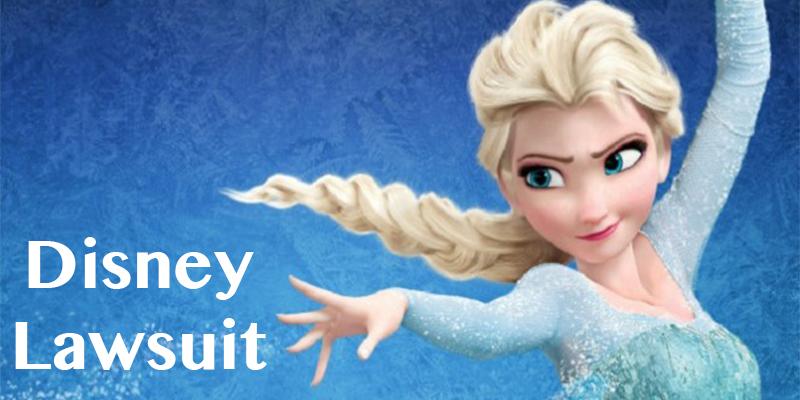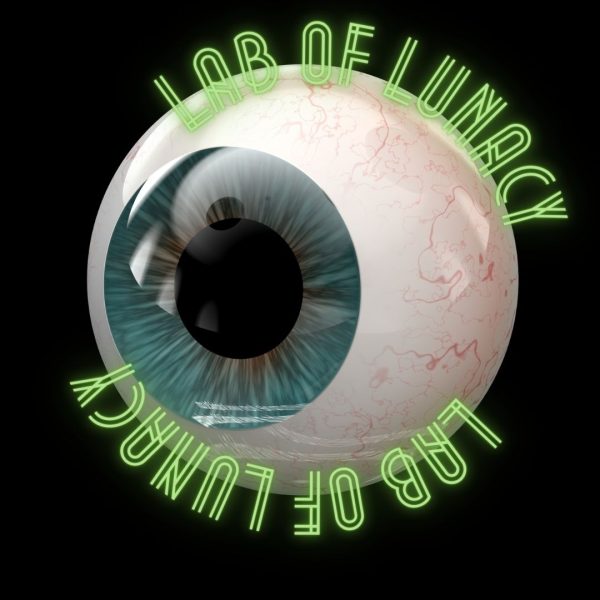Disney gives the cold shoulder to author claiming ownership of the world renowned movie Frozen
On Sept. 22, Peruvian author Isabella Tanikumi filed a $250 million lawsuit against Walt Disney Animation Studios. She insisted that Disney plagiarized her life story, detailed in her little-known autobiographies Yearnings of the Heart and Living My Truth. In her lawsuit filed to the Federal Court of New Jersey, Tanikumi claimed that Disney copied her autobiographies in 18 different ways.
Disney’s hit movie Frozen will surely become a classic, as it is so far the highest-grossing animated film of all time, with over $1 billion made in the box office. Fans from all over the world are singing “Let It Go” and praising the film as the best Disney Princess movie in a long time. Obviously, Tanikumi is not one of them.
“I recently purchased and viewed your movie Frozen with my daughter and was appalled at what I observed,” said Tanikumi in her lawsuit. “[Mine is] the story of two sisters who have tragedies, romances, conflicts, isolation and loneliness, and there are significant similarities with your movie [Frozen].”
In her lawsuit, Tanikumi claimed ownership of the ideas of two sisters with a strained relationship, an open-doors-and-gates motif and the setting at the base of a snowy mountain. Tanikumi also stated that the idea of one sister accidentally hurting another and then retaining no memory of the event is copied from her past. In Tanikumi’s version of events, her younger sister unintentionally burned Tanikumi’s face in a dish of hot custard, but cannot remember the event actually happening. Tanikumi drew parallels between this and Elsa’s unintentional ice spell on Anna, whose memory was erased of the accident. Not only that, but Tanikumi claimed that the songwriters for Frozen were in on the plot.
“Through various sources, I am aware that writers in the music industry have taken portions of my stories to develop songs for popular artists and these writers may have corroborated with the writers of Frozen,” said Tanikumi’s lawsuit deposition.
Although these claims may seem legitimate, true inspection of her books proves that her autobiographies are too generic to draw any logical connections between her books and Frozen that go beyond other books with similar themes. Web users seem to agree, as commentors accuse Tanikumi of making a scene to increase readership of her own books. Reviews of her books on Amazon insist that Tanikumi’s books are no more similar to Frozen than that of many other peoples’ published experiences.
Tanikumi does not just want the $250 million; one of the conditions of her lawsuit is that Disney stop selling and marketing Frozen in any form, from DVDs, children’s toys and Frozen on Ice to the highly anticipated Broadway version of the movie. Disney does not seem to be too concerned.
“This is beyond ridiculous. She needs to let it go,” said a Disney spokesperson to CNN.
Whether Tanikumi truly believes her claims or is just attempting to garner publicity for her relatively unknown books, she has definitely succeeded in making a scene. Unfortunately for her, the lawsuit will most likely blow over soon for lack of substantial evidence, even if it did give her 15 minutes of fame.
Your donation will support the student journalists of Calabasas High School. Your contribution will allow us to purchase equipment and cover our annual website hosting costs.











